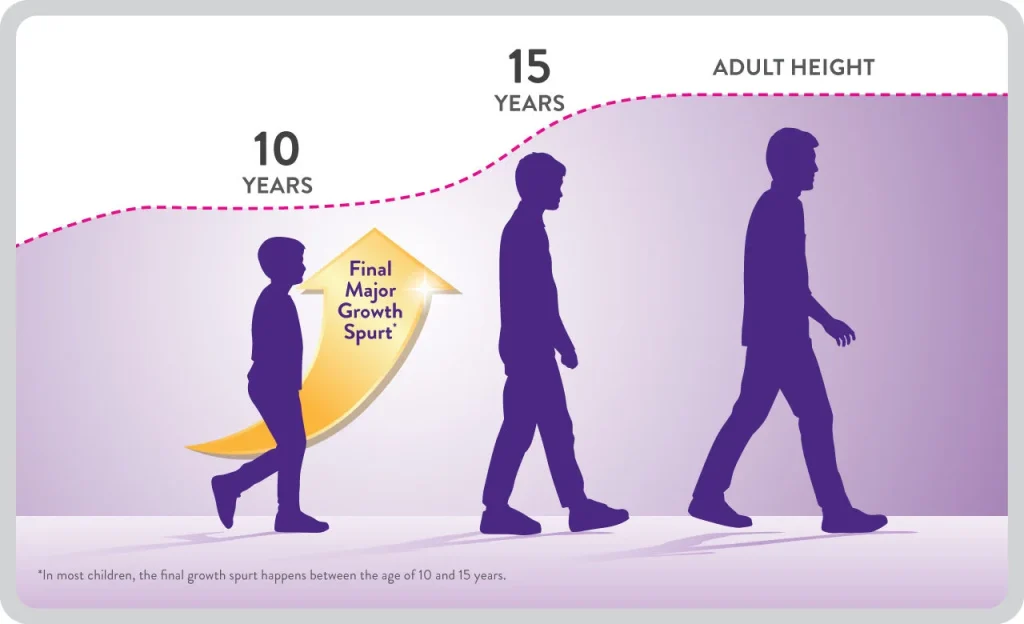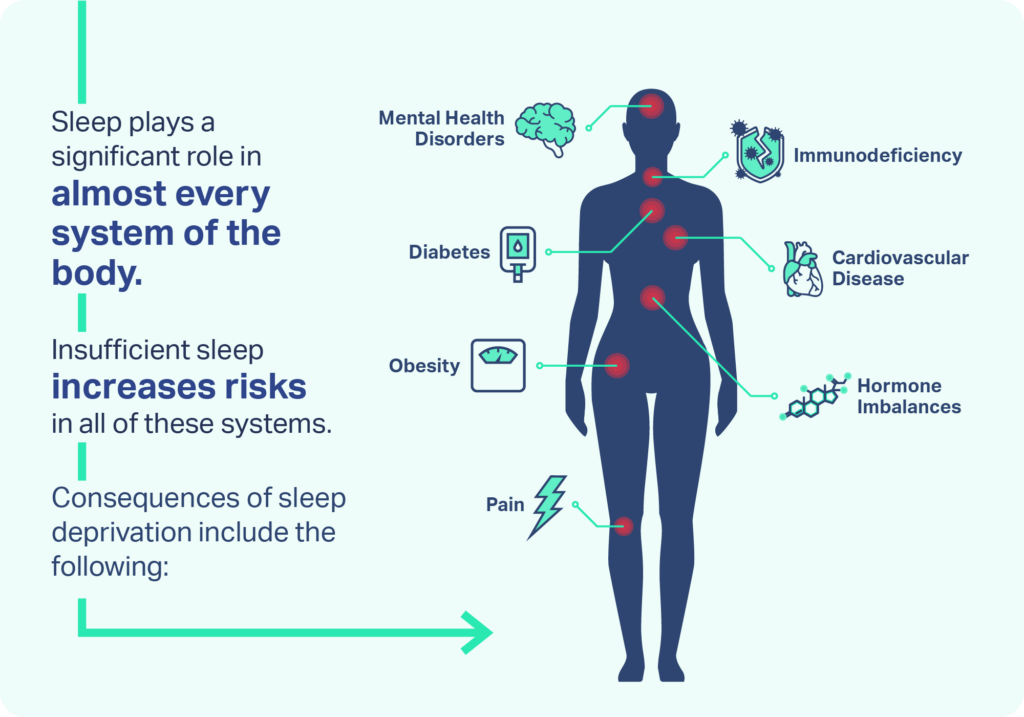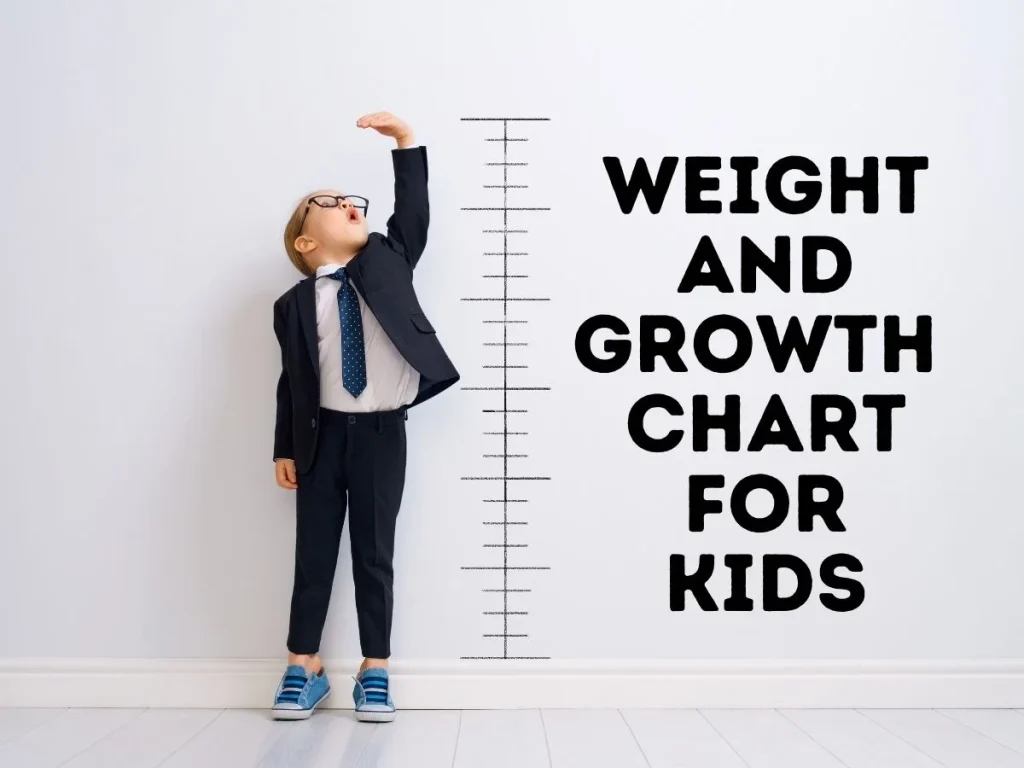Growth has always been one of the most common areas of concern, especially for parents and adolescents. Boys are given the impression that they go through substantial changes in puberty that affect their height and growth in general.
The purpose of this article is to summarize When Do Boys Stop Growing, the causes of growth, and practical measures that can be taken to optimize growth.
Key Takeaways
- The average male growing male body reaches a maximum height between 16 to 18 years, with the average height being reached at 18 years of age.
- The duration of growth is determined by hereditary factors, nutrition, sleep, physical activity, and health.
- These are common misconceptions that boys will continue growing and attain full height even when they are 21 or 25 years old, but they are not scientifically accurate.
- To maximize growth potential, it is important to carry out the normal cycle of proper nutrition, activity, sleep, and disease control.
- Visit a doctor if you have concerns regarding growth retardation or premature growth phase closure, especially in children.
Growth amidst puberty
Puberty is an essential stage of development for a boy where a lot of changes in terms of growth occurs. Knowing the stages of growth during this timeframe helps differentiate normal growth from abnormal growth and tackles any fears.
Growth Profile in Boys
Normal growth in the boy child generally occurs in gradual steps. The pre-pubertal phase is characterized by consistent growth of about 2-2.5 inches a year. This was followed by a so-called adolescent growth spurt, which usually ranges between the ages of 9 and 14 for boys, where most of the growth is attained in height.
This rapid growth spree lasts, on average, for about two to three years. The young ones enter a stage characterized by rapid physical growth, after which the growth spurt gradually tapers off until the bones reach their full size when the growth plates, also termed epiphyseal plates, fuse.
Growth Spurts: What Are Those and When Do Boys Stop Growing?
Growth spurts are commonly associated with the phase of puberty. In most boys, the highest growth rate is typical in the early to middle stages of puberty. Generally, boys tend to have their most rapid growth spurt from 12 to 15 years.
Here, a boy’s vertical growth goes hand in hand with an increase in body muscle and gross body changes. Along with a spurt in growth, the appetite also increases since more energy is needed to cater to the increased rate of growth.

Differences In Growth of The Female and Male Species
Generally, puberty is earlier for girls, less than between 8-13 years, and they also have their growth spurts earlier in the growth sequence than boys. However, boys go on growing for a longer period and this is one of the reasons why most of the boys are usually taller than girls by the end of their growth phases.
However, in girls, growth almost comes to a standstill after the first menstrual cycle, while in boys, growth proceeds steadily for the majority of the late teen years. This longer period of growth enables the boy children to be taller than they would have been, even if their growth spurts are notably later than those of the girls.
Factors Influencing Height and Growth
There are several factors that determine the growth of the boy and his height potential as an adult male. Knowing these factors can assist in maximizing this amount of growth and dealing with any relevant issues at the right time.
The Contribution to Height of Genetics
Genetic factors are among the most important determinants when considering the age of boys in terms of their height. A child’s ultimate stature is generally somewhere between that of their parents.
About 60-80 percent of any person’s attained adult height can be accounted for by genetic inheritance. Genetic information contributed by both parents is associated with growth characteristics such as the onset of puberty and the frequency of growth spurts.
Nutrition and Its Effects on Growth
Adequate and healthy nutrition is important for normal growth and development during the stage of puberty. A good diet with enough vitamins, minerals, proteins, and other essential fats is required to ensure bone health, muscle growth and development, and general growth. Among the nutrients of primary importance for growth are:
- Calcium: Required for the growth and health of bones.
- Vitamin D: Helps bones become stronger by helping with calcium absorption.
- Protein: Helps in the growth of muscles and other parts of the body.
- Zinc and iron: Are necessary for a growing body and maintaining the health of that family.
Failure to incorporate such nutrients in the diet can result in restricted height growth or late-boom growth. Nutrition is very important, and boys should be properly fed as they grow, or else the possibility of maximum height being attained will be remote.
Fundamental Aspects of Sleep and Exercises in Growth
Sleep is the other important thing in the growth process. This is because growth hormone is released during the deep sleep stage of the night and is necessary for tissue development and repair. It is suggested that adolescents sleep for approximately 8-10 hours a night to ensure healthy growth and development.
Moreover, regular physical activities like weight-bearing activities or resistance activities also enhance bone density and muscle strength. Exercise actually facilitates the secretion of growth hormones and maintains ideal body weight, which is an added advantage for growth.

Health Conditions That May Hinder Growth
There are certain medical conditions that will impact the growth and development of boys. Chronic illnesses, hormonal imbalances, genetic disorders, and other factors that limit a child’s height are common in boys.
Boy’s growth is also curtailed by some health deficits but providers are in a better position to treat such health problems given timely check-ups are done. This is so because early intervention and treatment can lessen the effects of the conditions on the final height of a boy.
Average Height and Growth Timelines for Boys
This is because Planting an acceptable range of average height and average age of growth will help manage realistic forwards, say a typical male, most especially in the onset of the growth phase known as puberty.
What’s the weight of the boys according to their age?
It has been observed that boys begin their pubertal age at 11 years on average, with a growth peak in 13 to 14 years. To be specific, below is a plain description of the average height of boys by age.
- ten years – 54.5 inches (138.4 cm)
- 12 years – 58.7 inches (149 cm)
- 14 years – 64.5 inches (163.8 cm)
- 16 years – 68.3 inches (173.5 cm)
- 18 years – 69.2 inches (175.8 cm)
These averages should only be taken as such since growth development varies greatly among individuals.
What Age Do Boys Reach Physical Maturity?
Most boys are expected to complete their growth and be at physical maturity around the ages of 16 to 18 years. The process of maturation refers not only to the increase in height but also to the increase of muscles, the development of secondary sexual characteristics, and the changes in body composition.
Some boys, however, may continue to experience some gradual and slight changes in height and the muscle mass age of close to 20 years. These trends are, however, rather gradual or small.
Growth Chart for Boys
Growth charts serve as an essential means for monitoring how boys grow with age due to certain milestones. Such a chart graphs the height, weight, and body mass index of a child against the standard means.
Creating and employing growth charts is a good practice that can assist in detecting whether a child is growing in the prescribed course or straying away and warranting further investigations if the need arises.

Marking the End of Growth Phases
In boys, the end of growth phases is usually achieved by virtue of the fusion of epiphyseal growth plates that are fully found in the bone tissue. After the plates close, which is when people are estimated to be 16-18 years old, height cannot increase further.
Size finally plateaus so that boys will hardly have a reason to change shoe sizes anymore. Others will notice that they outgrow clothing less often, while yet still some will only be able to notice that the height measurements are unchanging over the following months.
What Are the Telltale Signs Associated with The Cessation of Growth?
Other notable signs that growth has stopped include the following:
- Stable height for long periods.
- Similar shoe size for a long time.
- Pain or discomfort related to the growing of bones has ceased.
- Completion of development of physical characteristics particular to males and females and their subsequent stabilization.
Problems Related To Myths Persuading Girls That Growth Is Also One Of Them.
There are several growth myths for boys. Knowing the reality can help correct these messages.
Do Boys Kiss Growth Goodbye At 21 Years of Age?
A common belief is that boys will still be growing until 21 years of age. There could be some changes in muscle mass and weight into the early 20s, while most boys would have attained their maximum height by 18 years.
However, this excessive growth in height after this age is unusual and normally due to late development or the presence of delayed puberty.
Can Boys Still Grow at Age 25.
Boys can still grow until their chronological age is 25 years. This belief may have come about seeing the continuous development of some boys where some physical changes take place like more muscles and broader shoulders that do not involve height change.
By age 25, growth plates would have closed for a long time, thereby making growth in height impossible.
How to Make the Most of Growth?
To maximize growth, not only do we have to eat properly, but we also get enough sleep, exercise, and look out for health problems.
Why are the Strategies for Maximizing Growth Potential Suggested?
- Balanced Diet: Complete the diet with as much food as possible that is vitamin and mineral-rich, which promotes growth.
- Regular Physical Activity: Get involved in activities such as sports to relieve the impact on bones.
- Adequate Sleep: Sleep is needed for the release of growth hormones and, thus, growth and should be qualitative and regular.
- Regular Check-Ups: To involve healthcare providers in the proper management of the problem in question by enabling them to track growth changes over time.
When should you talk to a doctor about their growth issues?
If a boy is daintier than his peers, he has not developed secondary sexual characteristics by 14.0 years of age, or there is a growth delay observed in boys, it would be wise to seek the services of a doctor.
This can be helpful since diagnosis may lead to treatment of the problem being dealt with too late.
Conclusion
Analyzing the growth patterns in boys and considering the determinants of growth will assist in managing expectations and promoting healthy choices. Attention to diet, sufficient sleep, physical activity, and scheduled health interventions enable boys to realize maximum growth.
For growth or development issues, the relevant contact should be made in good time with the appropriate professionals to seek help for proper growth or development.
FAQs
Q: At what age do boys cease to grow?
A: Most boys would have started and completed their growth spurt between 16 and 18 years old.
Q: What might determine how tall boys grow?
A: Factors affecting growth include genetics, nutrition, sleep, exercise, and health.
Q: Can boys continue growing until age 25?
A: Yes, but it is quite rare as the vast majority of boys usually finish growing by the end of age 18.
Q: How do you know growth has completely stopped?
A: Consistent height with growth, consistency in shoe sizes, and growth plates fusing are features.
Q: When do you think growth problems need a doctor’s intervention?
A: In situations where growth is significantly delayed, or puberty has not started, a doctor is consulted.

Russell F. Jones, holding a Master in psychology from the University of Florida. He writes for Smart Parent Solutions, offering practical advice on parenting and child development. His engaging content helps parents navigate family life with confidence and ease. Russell enjoys sharing his knowledge and spending quality time with his family.
